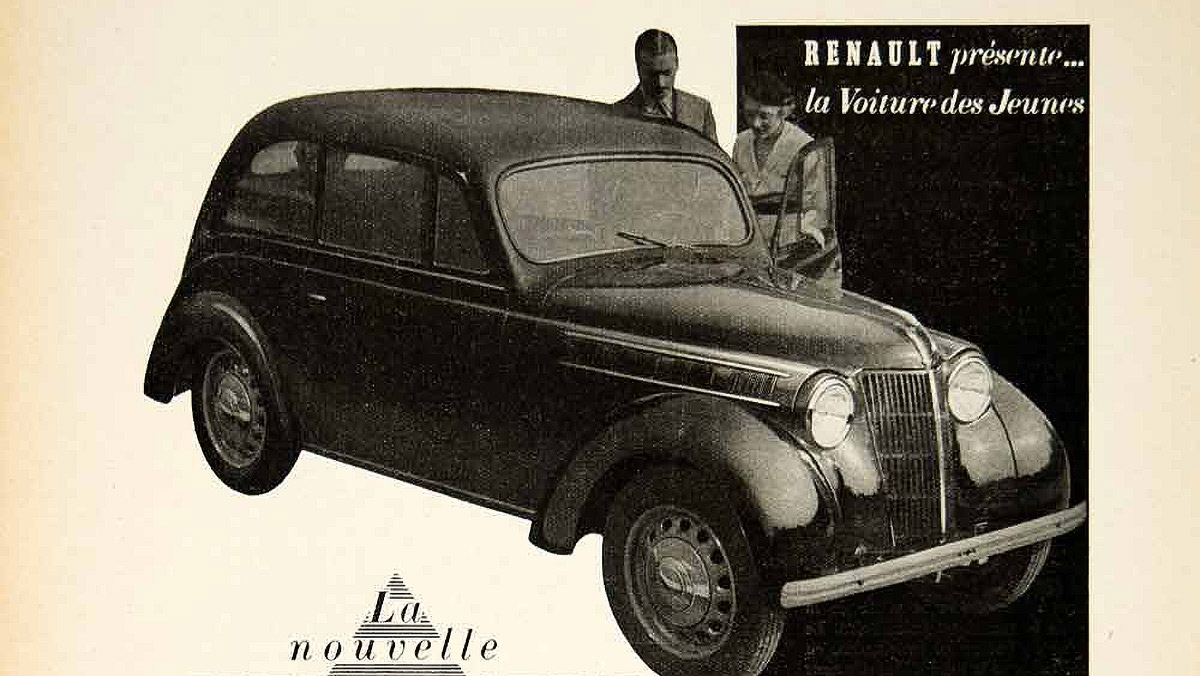French Car Ads Will Carry Surgeon General-Type Warnings About Responsible Transportation Habits
Automakers will have to include phrases like "think about lift sharing" in their marketing — or face fines.
Beginning early next year, carmakers hoping to advertise their wares in France must include messages encouraging responsible transportation habits that cut down on needless pollution, like walking or biking to nearby destinations and carpooling. If they don't, they'll have to cough up a €50,000 fine, or about $56,500 in America.
According to The Local France, the phrases will be standardized and manufacturers will have the option of choosing one of three:
All car adverts will need to contain one of the following messages:
Pour les trajets courts, privilégiez la marche ou le vélo – For short journeys, prioritise walking or cycling
Pensez à covoiturer – Think about lift sharing
Au quotidien, prenez les transports en commun – On a day-to-day basis, take public transport
There are rules about how large the messages must be on print or display ads, as well as when they must be vocalized for non-visual mediums. There's also a hashtag that must be included, too — #SeDéplacerMoinsPollue, which translates to "Move Less Pollute." Additionally, manufacturers will be required to disclose what emissions class the particular vehicle being advertised falls into.
Naturally, automakers aren't in love with the government forcibly attaching negative messaging to their products, as Hyundai's top executive in France related to the media:
"It stigmatises drivers," said Lionel French Keogh, the CEO of Hyundai in France.
"It is the first time that we have had such a direct message from the government. But if I am doing a short journey and have to go along a main road, I will do so neither on foot nor by bicycle," he told AFP.
On one hand, I too am quite certain that I'd be killed if I were to bike on the narrow roads of Europe, so I can kind of understand the hesitation there — at least in the countryside. But the suggestion that drivers will be vilified and shamed because of this mandate is hilarious. Automakers simply don't want consumers to consider the environmental ramifications of using their products, even for the briefest moment, and that's painfully transparent.
Will this initiative change consumer behavior? Maybe — I feel like it's hard not be influenced to some degree by messages relayed through every commercial channel. It worked in the fight against the tobacco industry, after all. Some minds will be swayed, even if just a little, and that's not the worst thing in the world when we all have a tendency to buy more car than we need.
But will shifting the burden onto the public significantly help address pollution? When experts believe 100 companies are responsible for 71 percent of global emissions since the late 1980s, well — I'm inclined to believe not.
